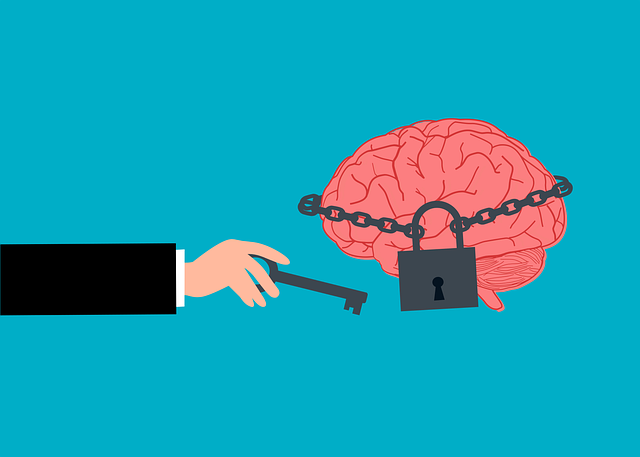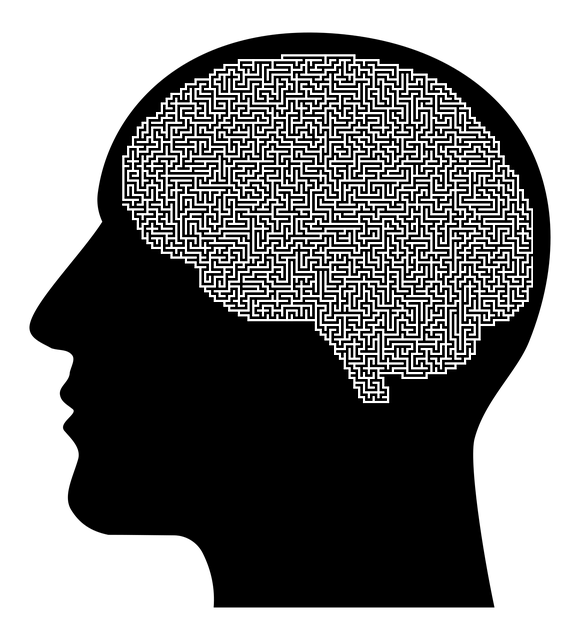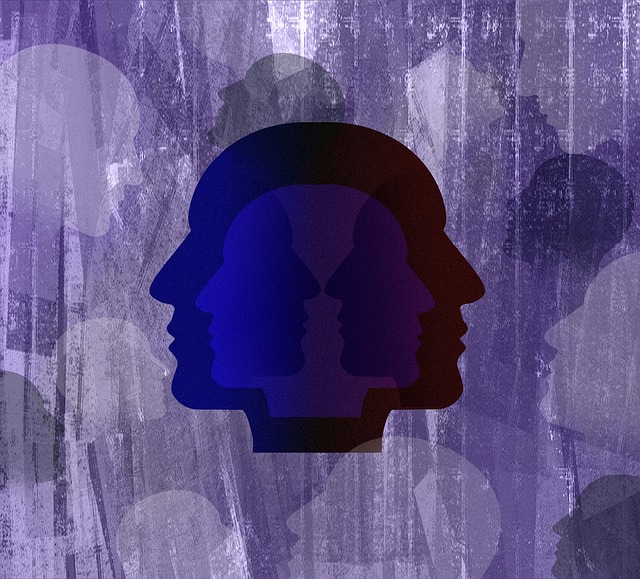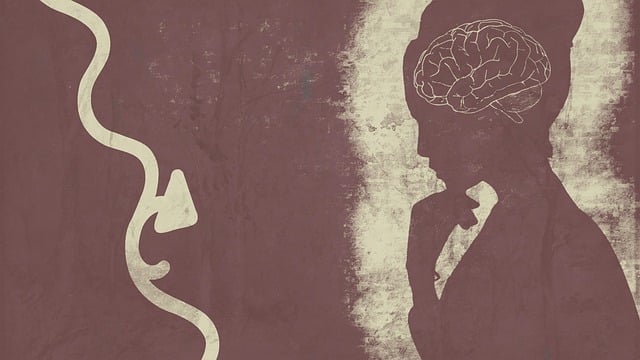Therapy serves as a crucial lifeline for seniors navigating complex grief and trauma, often stemming from past domestic violence experiences. By addressing these underlying issues, counseling empowers elders to process emotions healthily, develop self-care routines, and find resilience after loss. Tailored therapy strategies offer safe spaces, emotional regulation tools, and tailored support for unique senior needs, enhancing mental well-being and fostering personal growth.
Loss, grief, and bereavement counseling are essential services that support elderly individuals through one of life’s most sensitive journeys. This article explores the profound impact of loss on elders, with a specific focus on navigating domestic violence—a hidden yet significant issue within this demographic. We delve into effective counseling strategies tailored for healing and recovery, offering hope and guidance to both practitioners and those seeking therapy in this challenging realm.
- Understanding Loss, Grief, and Bereavement: A Sensitive Journey for Elders
- Uncovering the Impact of Domestic Violence on Elderly Individuals
- Counseling Strategies: Providing Therapy for a Healing Process
Understanding Loss, Grief, and Bereavement: A Sensitive Journey for Elders

Understanding loss, grief, and bereavement is a delicate journey often undertaken by elders in their later years. This process involves coming to terms with the permanent absence of a loved one, which can significantly impact an individual’s emotional well-being and overall quality of life. In the case of elders, additional factors such as loneliness, isolation, or prior trauma, including experiences of domestic violence, can complicate the grieving process.
The therapeutic support of counseling offers a safe space for elders to explore these complex emotions. Through empathy-building strategies, therapists facilitate the development of coping skills that enable individuals to navigate their grief in healthy ways. Moreover, therapy provides an opportunity to address any underlying issues, such as domestic violence, that may have contributed to the loss or compounded the grieving process. By incorporating self-care routine development for better mental health, counseling empowers elders to find solace, maintain resilience, and ultimately, move forward with a sense of peace and purpose.
Uncovering the Impact of Domestic Violence on Elderly Individuals

The impact of domestic violence on elderly individuals is a critical aspect often overlooked in grief and bereavement counseling. Many older adults have experienced or witnessed abusive relationships within their families throughout their lives, which can leave lasting psychological scars. The effects of domestic violence can manifest as complex grief, post-traumatic stress disorder (PTSD), and even depression, especially when the abuse has gone unaddressed for years.
Elderly victims of domestic violence may struggle with anxiety relief and confidence-boosting strategies due to the trauma they’ve endured. Mental health professionals play a crucial role in identifying these hidden wounds through comprehensive risk assessments. By recognizing the signs, therapists can offer tailored therapy for elders, helping them process their experiences, heal from past traumas, and develop healthier coping mechanisms for present-day challenges. This approach ensures that the unique needs of this demographic are addressed effectively.
Counseling Strategies: Providing Therapy for a Healing Process

Counseling offers a safe space for individuals to navigate their grief and bereavement. The process involves a range of strategies tailored to each client’s unique needs. For elders, therapy can be instrumental in addressing specific challenges, such as coping with the loss of a spouse or navigating end-of-life transitions. Techniques may include self-awareness exercises to help clients understand and manage their emotions, fostering emotional regulation skills essential for healing.
In cases involving domestic violence, counseling plays a crucial role in providing support and safety planning. It equips individuals with tools to process trauma, improve resilience, and enhance emotional intelligence—a key aspect of personal growth after such distressing events. Through individualized therapy sessions, clients can work through their grief while building coping mechanisms that promote long-term mental well-being.
Loss, grief, and bereavement counseling are vital components in helping elders navigate the sensitive journey of healing. By understanding the unique challenges they face, such as the impact of domestic violence, we can provide tailored therapy to support their emotional well-being. Effective counseling strategies offer a safe space for elders to process their losses, fostering resilience and enhancing their quality of life. This holistic approach ensures that those experiencing these difficult transitions receive the necessary care and support.














